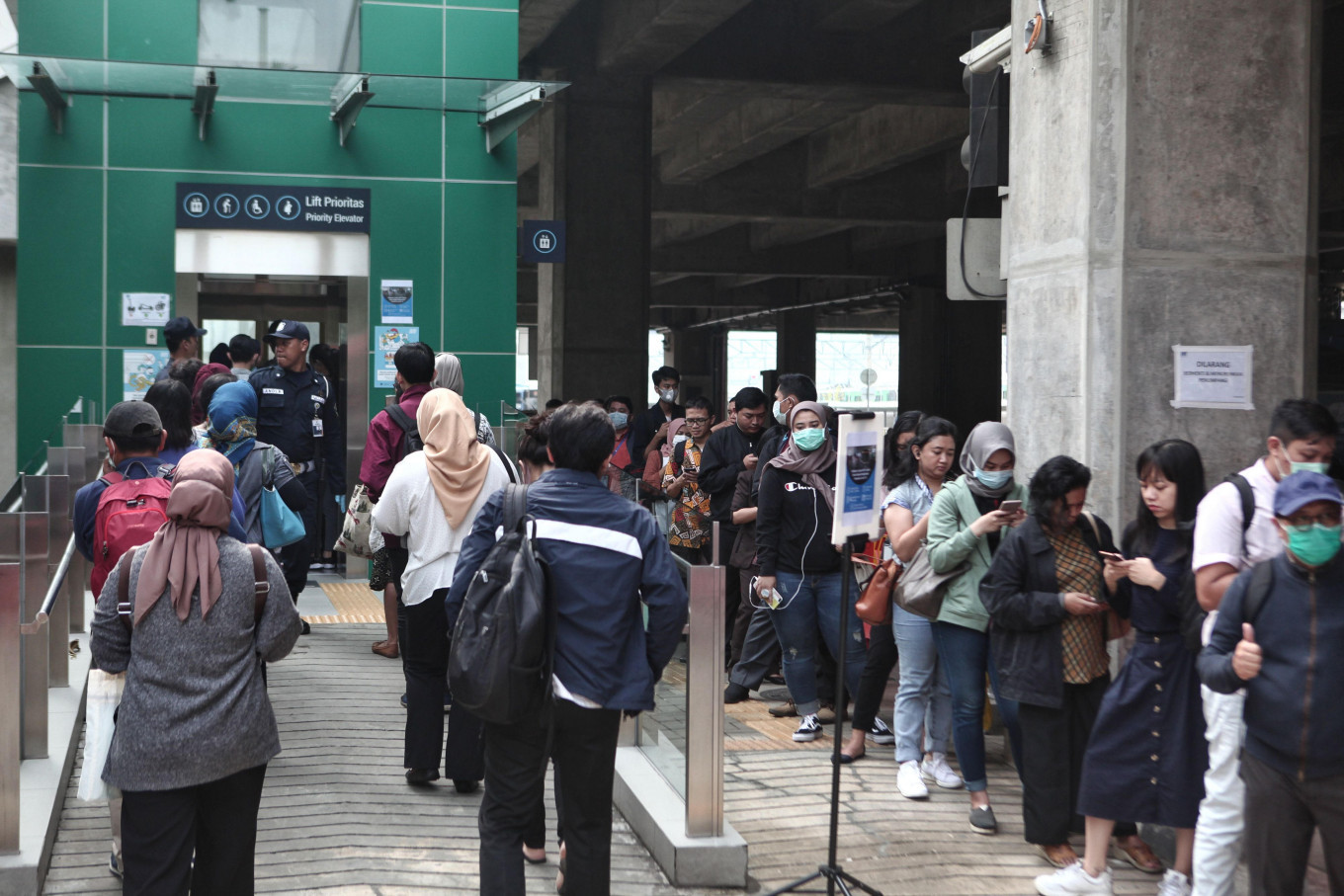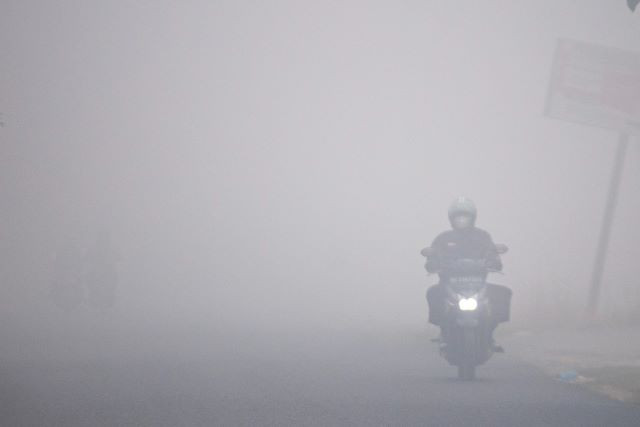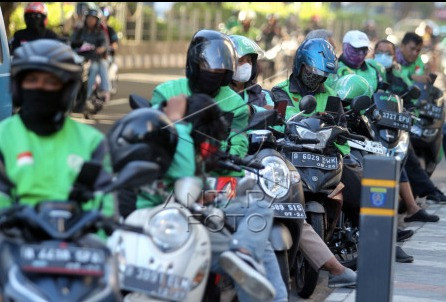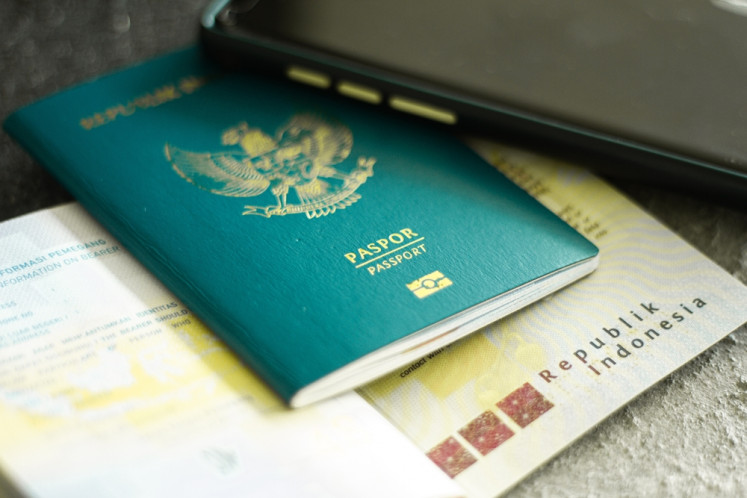Let’s have a safe ride
The number of COVID-19 cases and related deaths is still high despite the easing PSBB period. A solid health protocol for public transportation will be a life-saving step for millions of people.
Change Size
 Passengers line up to enter Lebak Bulus MRT Station in Jakarta, Monday, March 16, 2020. Jakarta Administration limits the public transportation to reduce the spreading of the Covid-19 virus. (JP/Seto Wardhana)
Passengers line up to enter Lebak Bulus MRT Station in Jakarta, Monday, March 16, 2020. Jakarta Administration limits the public transportation to reduce the spreading of the Covid-19 virus. (JP/Seto Wardhana)
T
he government is speeding up regulations for public transportation as cities and regencies prepare to lift large-scale social restrictions (PSBB).
During the past few months, the Transportation Ministry has barely taken the lead in upholding health protocols for land, air and sea transportation. In Jakarta, for instance, people planning to fly are required to get permits, a requirement put in place by the Jakarta administration. For a few weeks, the ministry banned all passenger travel, only to relax the measures later for work and business trips.
The inconsistency is expected. The public and transportation operators have economically suffered due to restricted mobility. One single policy could drastically affect the industry.
But such indecisiveness by regulators should not be acceptable in the long run. The number of COVID-19 cases and related deaths is still high despite the easing PSBB period. A solid health protocol for public transportation will be a life-saving step for millions of people.
Transportation Minister Budi Karya Sumadi retracted on Tuesday a half-maximum capacity rule for land, sea and air transportation, which was earlier stipulated in Transportation Ministerial Regulation No. 41/2020. The capacity rule will be regulated under circulars and reviewed overtime.
Read also: Provision limiting number of passengers on public transportation scrapped
This is another sign of reluctance that should not be seen in the future. It will create confusion and prove to be costly for operators and also passengers.
For air travel, stripping the less-than-maximum capacity can still be justified if followed by strict health protocols by airliners, airport operators and passengers.
The European Union Aviation Safety Agency (EASA) and European Center for Disease Prevention and Control (ECDC) have jointly issued health safety guidelines for air travel that also do not include a capacity regulation. However, they require strict health measures in airplanes and on the ground that include physical distancing, face masks and frequent hand-washing.
For land transportation, the less-than-full capacity rule should not be negotiable, considering the overcrowded buses and trains in the prepandemic days. This is yet another consequence and reality that we should embrace. It will make travel time longer due to the limited number of transportation modes but safer.
The similar capacity regulation should also be implemented for sea transportation, in which sinking and other accidents often happen due to overloaded vessels.
Read also: Indonesia's latest official COVID-19 figures
Health protocols are even more important for border crossings. Other countries may extend travel bans to and from Indonesia if it does not apply adequate health protocols.
A recent study by Deep Knowledge Group, a consortium of companies and nonprofits, placed Indonesia in 97th position out of 200 countries in terms of safety during the pandemic.
Indonesia is in tier 3, which consists of 60 regions and territories, including the United States, the United Kingdom, Italy, Spain, Brazil and India. The tier 3 group consists of countries that in theory, should have scored higher, given their resources in healthcare, governmental and crisis management. However, their ranks are much lower than expected.
More than the study’s results, the government should put people’s health and safety first in this time of health crisis.









